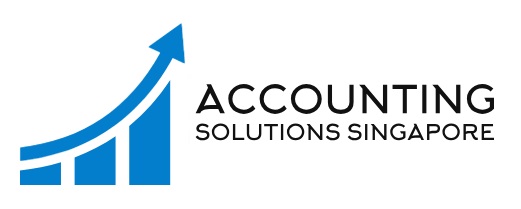What are the Annual Compliance Requirements?
The most important part of registering a company in Singapore is to comply with all the necessary filings with ACRA.
Singapore is known as a great environment for business and makes running a business easy. It has a set of rules and regulations to follow for legal and professional purposes.
Our company secretarial service team can assist you in the company registration and to keep your statutory records.
Below is a list of the information you need for running your business in Singapore.
1. Registered Business Address in Singapore
A local Singapore business address is mandatory for all Singapore companies. This applies to all business entity type, and address cannot be a P.O. Box or residential address.
The office address is accessible to the public for business hours and be used to conduct business activities.
2. Qualified Company Secretary
The company secretary plays a vital role in the business operation and ensures compliance with Singapore Companies Act.
All Singapore company must appoint a company secretary (also known as an officer of the company) to handle all paperwork in relation to ACRA for your company.
The company secretary resides in Singapore and holds the necessary qualifications and experiences to perform these statutory duties.
3. Directors
A new Singapore company can have as many directors as the company desires. The directors have to be at least 18 years of age or higher. One local director is mandatory for business registration in Singapore.
The local director cannot have any prior convictions, felonies, or undischarged bankruptcies of any kind.
4. Annual Financial Year End Date
It is necessary for all Singapore company to set its financial end date.
If the Singapore Company has a parent company elsewhere, then the Singapore Company should have the same fiscal year end date with its parent company. If no parent company exists, then the Singapore Company can select its financial year end date.
After the end of each financial year, the company must file annual returns with ACRA and income tax returns with IRAS.
5. Registration of Goods and Service Tax (GST)
Most businesses with taxable turnover of over SGD 1 million must reqister for GST. In other countries, this refers to the Value Added Tax (VAT).
To collect GST, IRAS requires a business to apply for GST registration. The company must file GST tax return with the IRAS on a quarterly basis, 30 days after the end of the previous quarter.
IRAS stipulates that a Singapore company must register for GST if it falls under one of these two categories.
– The company has a taxable turnover in the business of more than SGD 1 million (retrospective view); or
– The projected taxable turnover of a company will be more than SGD 1 million (prospective view) in the next 12 months.
6. Appointing Auditor
Within three months after incorporation, all companies (except for EPC) must appoint a local auditor, unless they meet the audit exemption criterias.
7. Business License
The type of annual compilation services you need depends on what business you intend to start. Some businesses do not need a license.
You can check with the registration office to determine whether your type of business needs a license.
8. Director Disclosure
The directors have the right to disclose any information that the director thinks will avoid conflicts of interest. The director can reveal any personal information that may conflict with the best interest of the company.
9. Record Keeping
All company must keep the accounting records for five years. These accounting records are documentation that support the basis and nature of their business transactions.
10. Change Notification
The company must inform all changes to the company secretary about the company’s business, name, officers, etc. The company secretary will file the relevant updates with ACRA. A company may get a penalty for not keeping all relevant information up to date with the registrar.
11. UEN Disclosure
Companies in Singapore must display their registration number and name on publications, notices, invoices, statements of accounts and more.
Companies have a UEN which is their Unique Entity Number and allows every aspect of business and government in Singapore to identify a business for paying such things as tax returns, filing for permits, and other interactive business issues.
12. Filing Requirements
Singapore companies must file their annual tax returns with the IRAS by 30 November of the year of assessment.
The beginning process of incorporating in Singapore may be a bit daunting as many little bits of important information, filings, and verification of different positions need to be done.
Contact Company Secretarial Team
No doubt, preparing for AGM and filing your Annual Return can be a time-consuming task.
Reach out to our friendly Company Secretarial team for more information today. We will make sure that your Singapore company complies with ACRA requirements annually.
